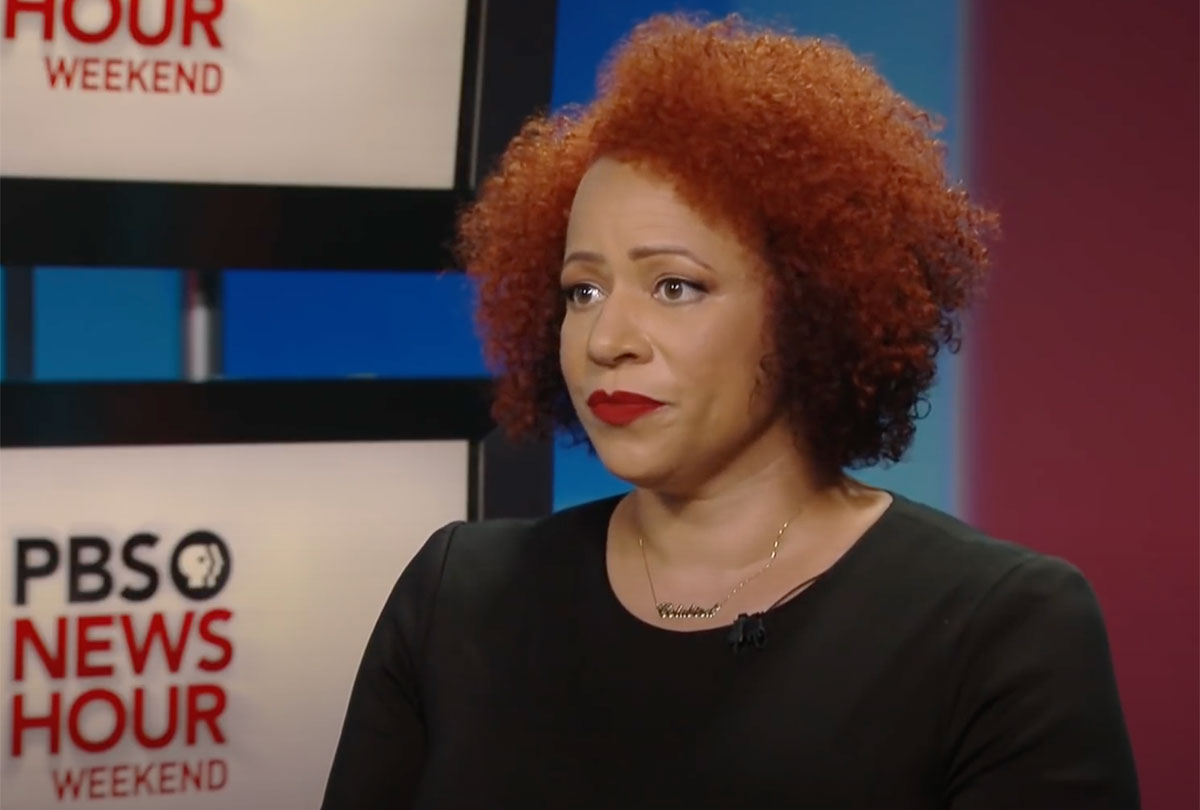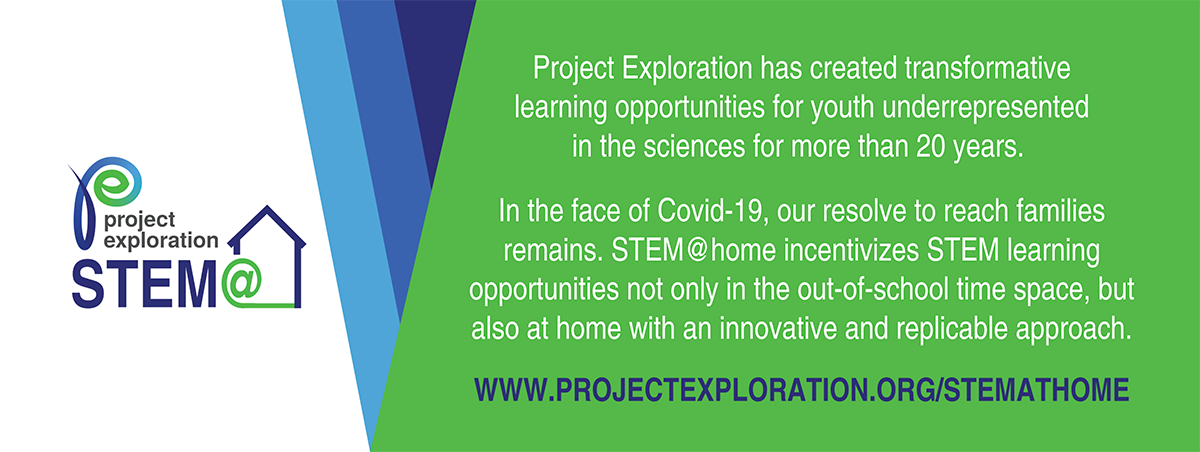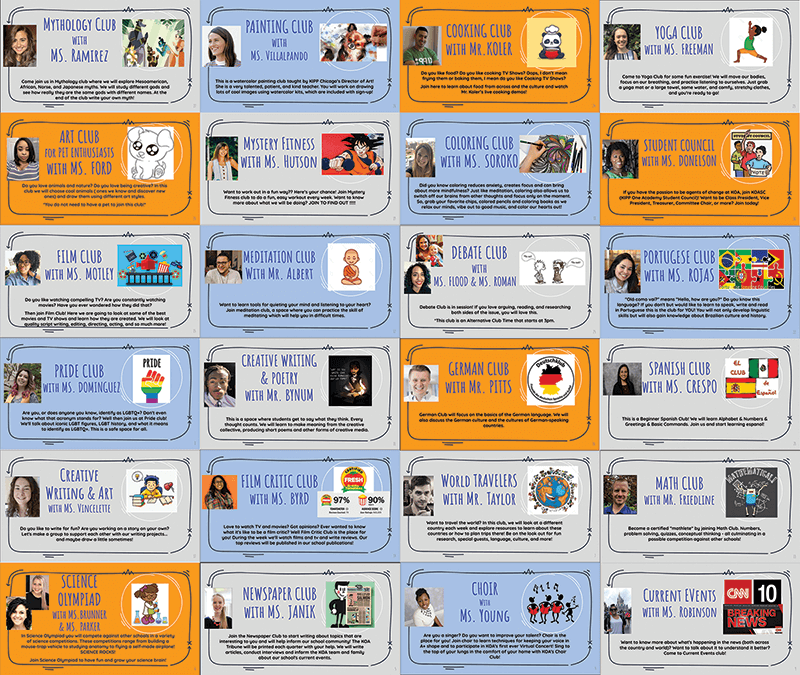Facing History
Facing History and Ourselves believes the bigotry and hate that we witness today are the legacies of brutal injustices of the past. Facing our collective history and how it informs our attitudes and behaviors allows us to choose a world of equity and justice. Facing History’s resources address racism, antisemitism, and prejudice at pivotal moments in history. They help students connect choices made in the past to those they will confront in their own lives.
On December 11th, Facing History led a civics professional development session for 6th-8th grade social studies teachers, principals, and assistant principals. Elizabeth Hawkins, 6th grade social studies teacher at KIPP Bloom College Prep, notes that, when the group was asked to define ‘Civics,’ a powerful response came when someone said, “Civics is how you show up as a citizen to create history versus just learning history.” Here is how the Facing History curriculum is impacting Elizabeth’s classroom and students:
During the late summer, I discovered a unit on Identity in Facing History geared toward 6th graders. I thought this would be a great way to get to know my students, especially as we started the year remotely. Currently, 6th graders at Bloom are showing up as citizens through a global historical perspective. We’ve studied many ancient civilizations that were praised as “great civilizations.” Taking it a step further, we’ve been tossing around the question, “What will historians write about our society now? Are we great?” In my homeroom, we watch CNN 10 every morning and make attempts to answer this question. It’s constantly evolving! Another piece that comes from our professional development with Facing History is the idea of, “capturing unheard voices,” as the two young girls did in their book, Tell Me Who You Are. This is my personal responsibility and task as a Social Studies teacher, to present multiple and possible unpopular perspectives.
More teacher insight:
“The Facing History has reintroduced me to different views of the intersectionality of race, economics, gender, education, and white supremacy. This will allow me to help better explain some of the factors which are roadblocks to student success. It will give us the opportunity to hold each other accountable to this commitment.”
-Bryan Warner, Interventionist-Content Team Leader KIPP Bloom College Prep
“I really like that the Facing History curriculum seeks to have students examine their identities in relation to history and as a means of better understanding others. It has pushed me to think through how identity can be used to engage and help promote positive change.”
-Briana Jocelyn, 7th Grade Social Studies Teacher, Content Team Leader + Resident Coach, KIPP One Academy
The 1619 Project

The 1619 Project is an ongoing initiative, written by Nikole Hannah Jones from The New York Times Magazine, that began in August 2019, the 400th anniversary of American slavery. It aims to reframe the country’s history by placing the consequences of slavery and Black Americans’ contributions at the very center of our national narrative. Check out this interview with Jones as she explains the significance of this story.
The project is in partnership with the Pulitzer Center, which raises awareness of underreported global issues through direct support for quality journalism across all media platforms and a unique program of education and public outreach. The 1619 Project offers a curriculum that focuses on the African Americans’ contributions and the power of underreported stories being covered by the media.
We will begin using this curriculum in one pilot classroom with one teacher and one grade level before launching to one whole grade level across the region. Each year, we can add a grade level that will explore the resources offered in the 1619 Project curriculum. As our entire region comes together on January 29th, Fareed Mostoufi from the Pulitzer Center will lead a professional development session to introduce the project and its resources.
Project Exploration

Project Exploration creates transformative learning opportunities for youth underrepresented in the sciences, particularly students of color and girls, by equipping them with the skills, practices, and mindset needed for a lifelong pursuit of learning. This past fall, 95 students from KIPP One Primary and KIPP One Academy received materials for the program free of charge to dive deep into the curriculum, work with their peers and facilitator, and strengthen their problem-solving and critical thinking skills. The nature of science, the scientific method, and the engineering design process is at the forefront of each session, as students learn to apply their knowledge to the challenge at hand. This amazing opportunity is set to expand to additional KIPP Chicago schools in the upcoming year.
KIPP One Academy clubs

KIPP One Academy continues to offer a wide variety of clubs for students each week. Clubs such as Pride Club, Creative Writing & Poetry, Current Events, Newspaper, Choir, and Meditation Club are offered during school hours and after school hours. KIPP One teachers are going above and beyond to ensure their students are given opportunities to be part of a group, learn a new skill, and have fun following their curiosities and interests.